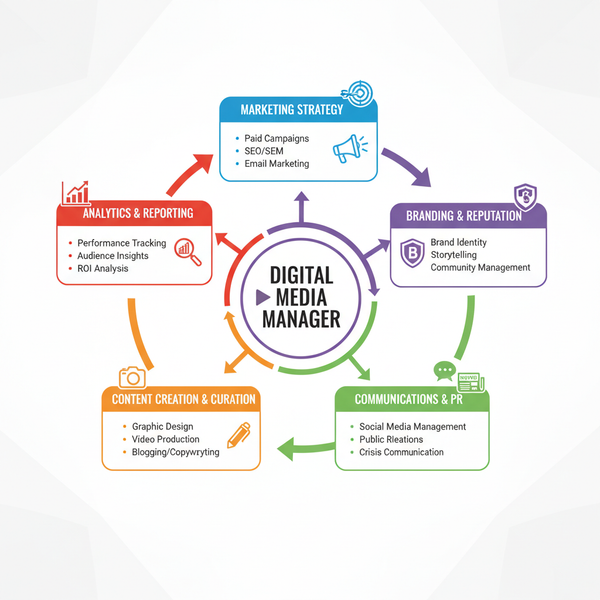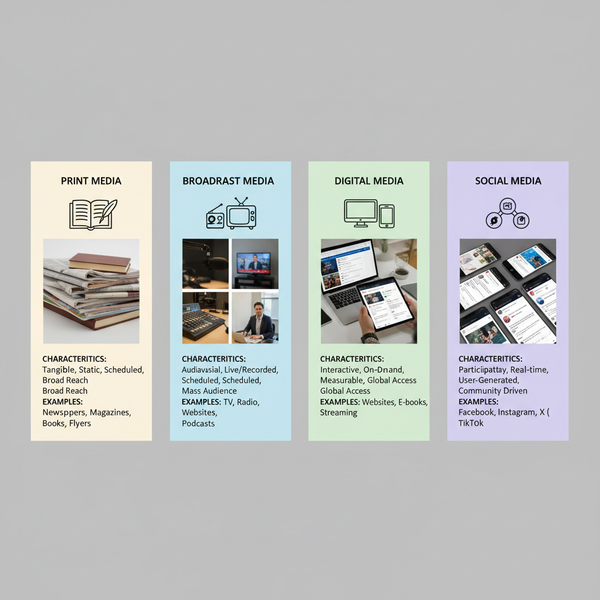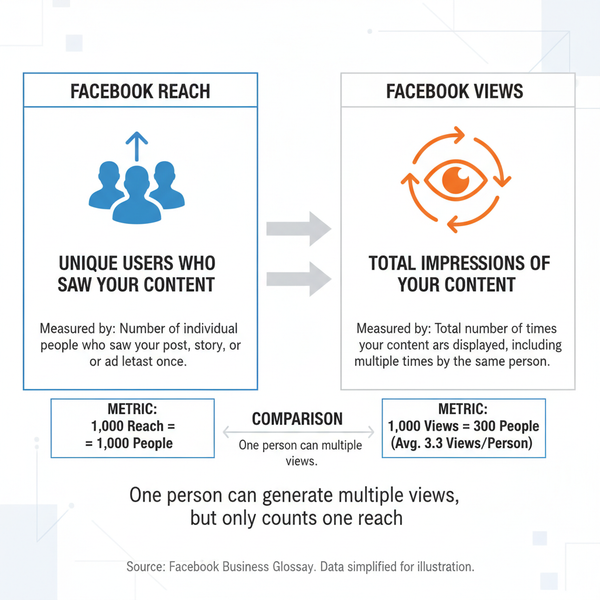Building Successful Collab Partnerships for Your Brand
Learn how to identify, pitch, and sustain effective brand collaborations with aligned partners to expand reach, boost engagement, and drive growth.
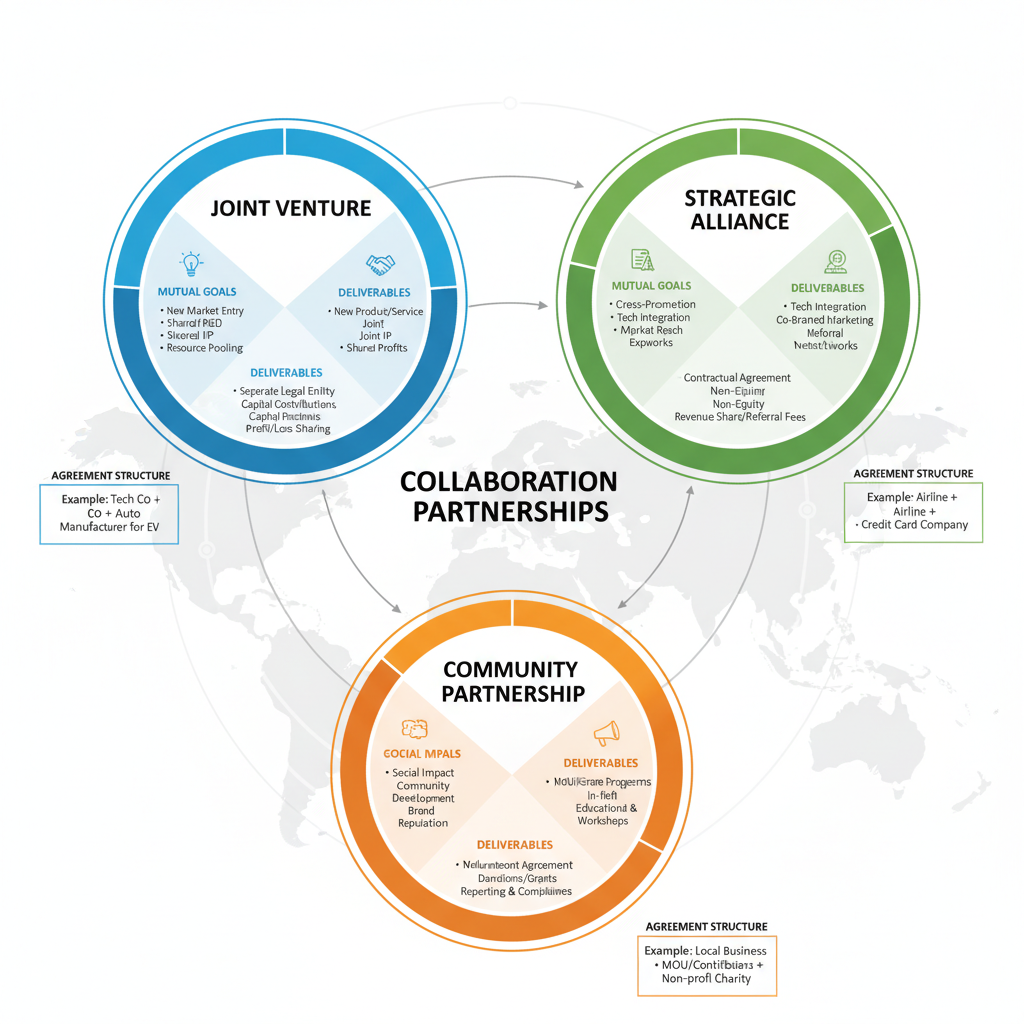
Building Successful Collab Partnerships for Your Brand
In today’s competitive digital marketplace, collab partnerships are a powerful strategy for brand growth. Whether you operate in fashion, tech, food, or non-profit sectors, collaborating with other brands, creators, or organizations can open new markets, extend reach, and spark innovation. This step-by-step guide explains how to identify, create, and sustain winning collaborations that deliver measurable results.

---
What is a Collab Partnership?
A collab partnership is a structured collaboration between two or more parties—brands, influencers, or organizations—that leverages each other's strengths, audiences, and resources to achieve shared objectives.
It can take many forms, including:
- Co-branded product launches
- Joint events or campaigns
- Content co-creation (videos, blogs, podcasts)
- Shared giveaways
The defining factor is synergy: each partner contributes unique value that amplifies the other's offer.
---
Identifying Potential Partners
Selecting the right partner is essential. Look for:
- Aligned values – A complementary mission avoids potential audience confusion.
- Audience overlap – Target similar but distinct demographics to maximize reach.
- Strategic fit – Products or services should enhance—not directly compete with—each other.
Ways to find partners:
- Attend industry events
- Network on social media platforms
- Leverage existing customer referrals
- Conduct competitive analysis
---
Researching a Partner’s History
Before sending an enthusiastic pitch, research thoroughly:
- Past collaborations – Were they successful and positively received?
- Brand reputation – Examine reviews, media coverage, and social sentiment.
- Business practices – Look for reliability, ethical standards, and consistent quality.
Doing your homework first helps avoid risks and unwanted surprises mid-project.
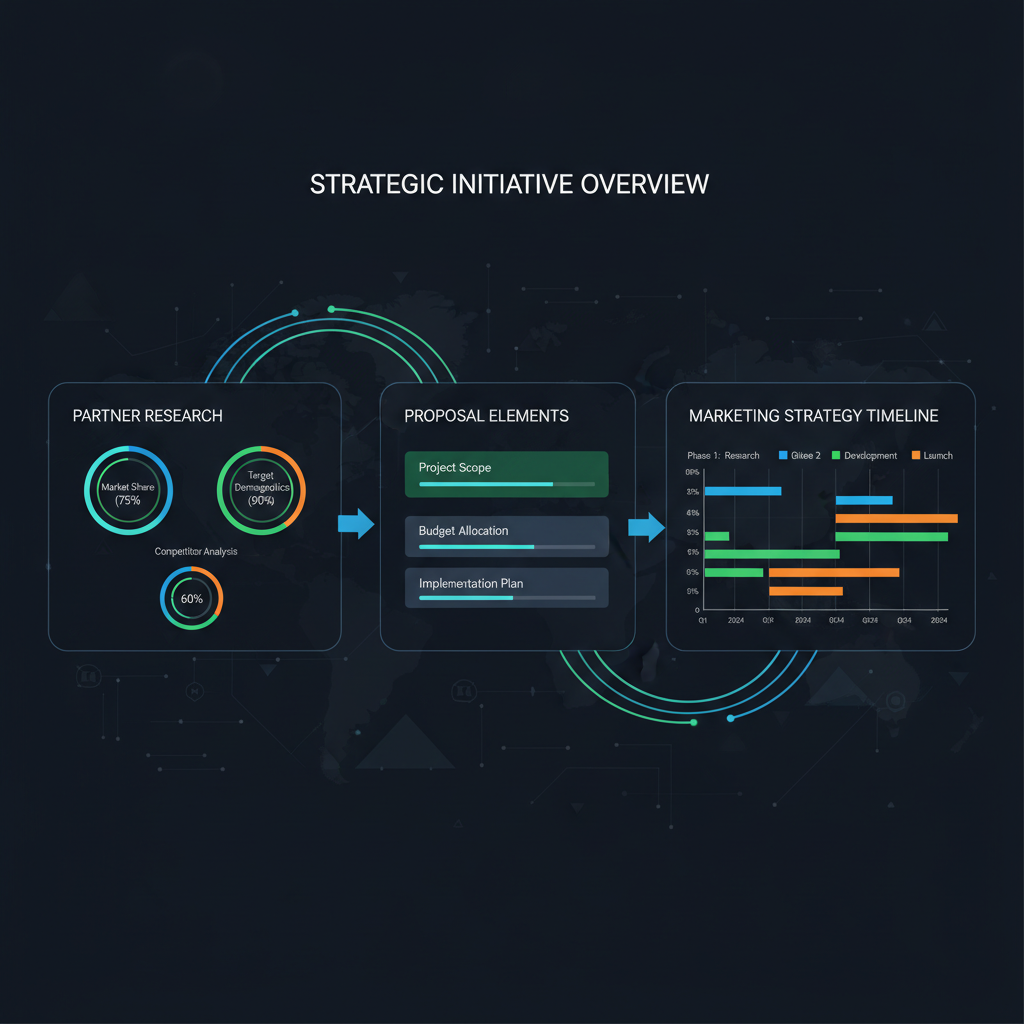
---
Setting Clear Mutual Goals and Deliverables
Ambiguity causes misalignment. Establish early:
- Measurable objectives – e.g., increase newsletter sign-ups by 25%.
- Specific deliverables – Content pieces, events, product prototypes.
- Deadlines – Define timelines for each milestone.
Documented goals should be agreed on by all parties in initial discussions.
---
Crafting a Compelling Collaboration Proposal
Your proposal should be informed by research and initial conversations, demonstrating mutual benefit:
- Executive summary – Who you are and why collaboration is valuable.
- Value exchange – Explicit gains for each side.
- Project scope – Detailed campaign or product plan.
- Timelines and KPIs – Metrics for measuring success.
- Budget overview – Projected costs and investment split.
Keeping the proposal concise, clear, and visually appealing boosts approval rates.
---
Establishing Terms in a Written Agreement
A signed contract formalizes the partnership. Include:
- Roles and responsibilities
- Timelines and deliverables
- Compensation – Monetary, product, or service exchange.
- Intellectual property rights
- Termination clauses
Written agreements protect both parties and create execution clarity.
---
Planning Joint Marketing Strategies
Marketing amplifies collab partnerships. Potential tactics:
- Content co-creation – Joint videos, guest blog articles, collaborative photo shoots.
- Social media campaigns – Cross-promote on each partner’s channels.
- Email marketing – Send combined newsletters to merged audiences.
Use shared brand guidelines and coordinated content calendars for consistency.
---
Maintaining Effective Communication
Enduring collab partnerships depend on trust and transparency. Boost communication through:
- Weekly check-ins – Keep progress visible and aligned.
- Project management tools – Platforms like Asana, Trello, or Slack.
- Constructive feedback loops – Address issues early and openly.
---
Measuring Partnership Success
Tracking KPIs shows whether goals are met. Consider:
| KPI | Description | Example Tool |
|---|---|---|
| Reach | How many people saw your collaborative content | Google Analytics, Instagram Insights |
| Engagement | Likes, shares, comments, and click-through rates | Social media analytics tools |
| Conversions | Sales, sign-ups, or downloads from the collab | E-commerce dashboard, CRM |
| ROI | Revenue gained compared to collaboration costs | Financial reporting software |
---
Reviewing and Refining for Continuous Improvement
After the campaign:
- Partner debrief – Discuss wins, challenges, and possible improvements.
- Analyze KPIs – Spot trends to guide future strategies.
- Improve processes – Refine timelines, communication, or creative execution.
A reflective review process ensures the next collab partnership is even more effective.
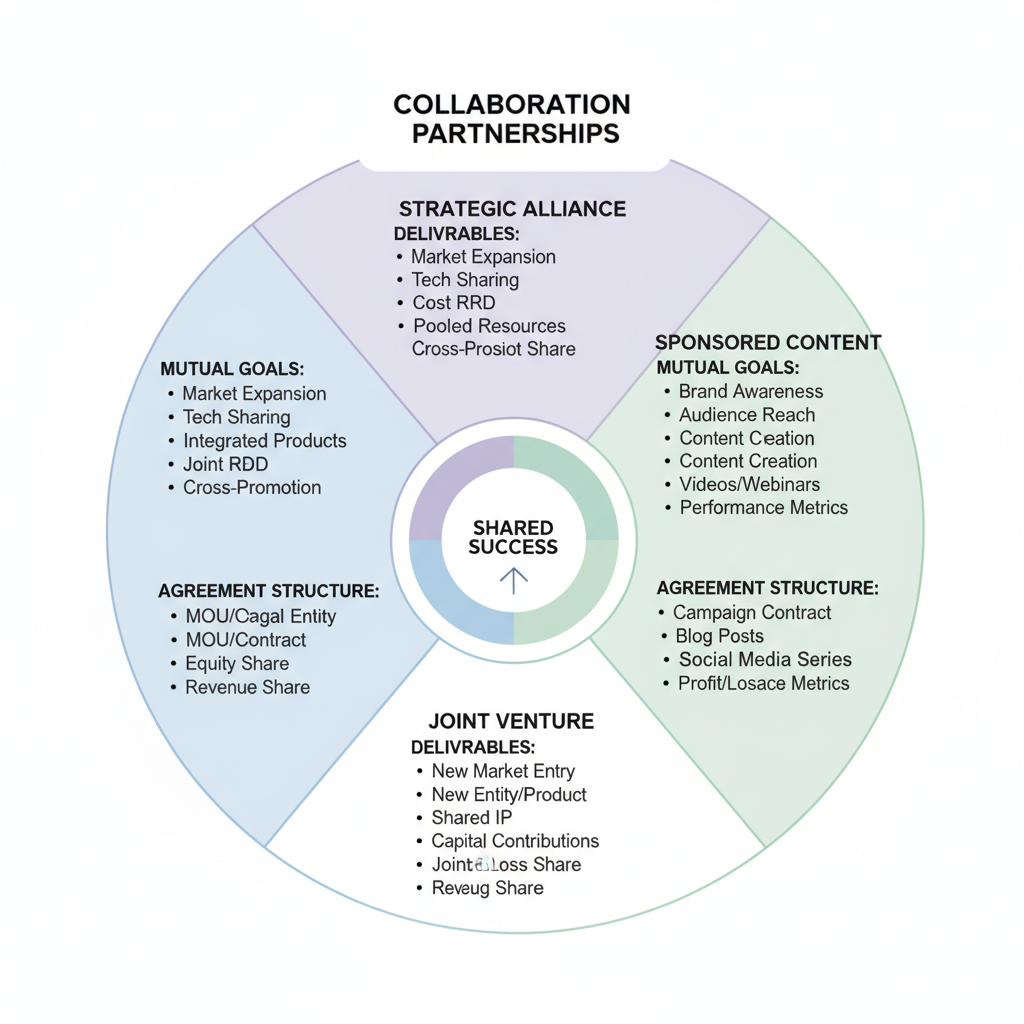
---
Case Studies: Successful Collab Partnerships
Nike x Apple
Nike integrated Apple’s fitness tracking into Nike+ products.
Success factors:
- Common goal promoting healthy lifestyles
- Complimentary tech and athletic branding
- Seamless integration driving high adoption rates
Starbucks x Spotify
Starbucks created a co-branded music experience with Spotify.
Highlights:
- Cross-platform playlists tied to store locations
- Enhanced ambiance and customer stay duration
- Mutual digital promotion
LEGO x NASA
LEGO joined forces with NASA to develop educational space kits.
Impact:
- NASA’s credibility combined with LEGO’s creativity
- Promoted STEM learning in fun formats
- Elevated innovation perception for both brands
---
Summary
A winning collab partnership rests on shared values, clearly defined goals, and strong communication. With thorough research, mutually beneficial proposals, solid contracts, and joint marketing, collaborations can unlock growth and innovation that solo efforts may never reach.
Ready to amplify your reach? Start planning your next collab partnership today and transform your brand’s potential into measurable success.

